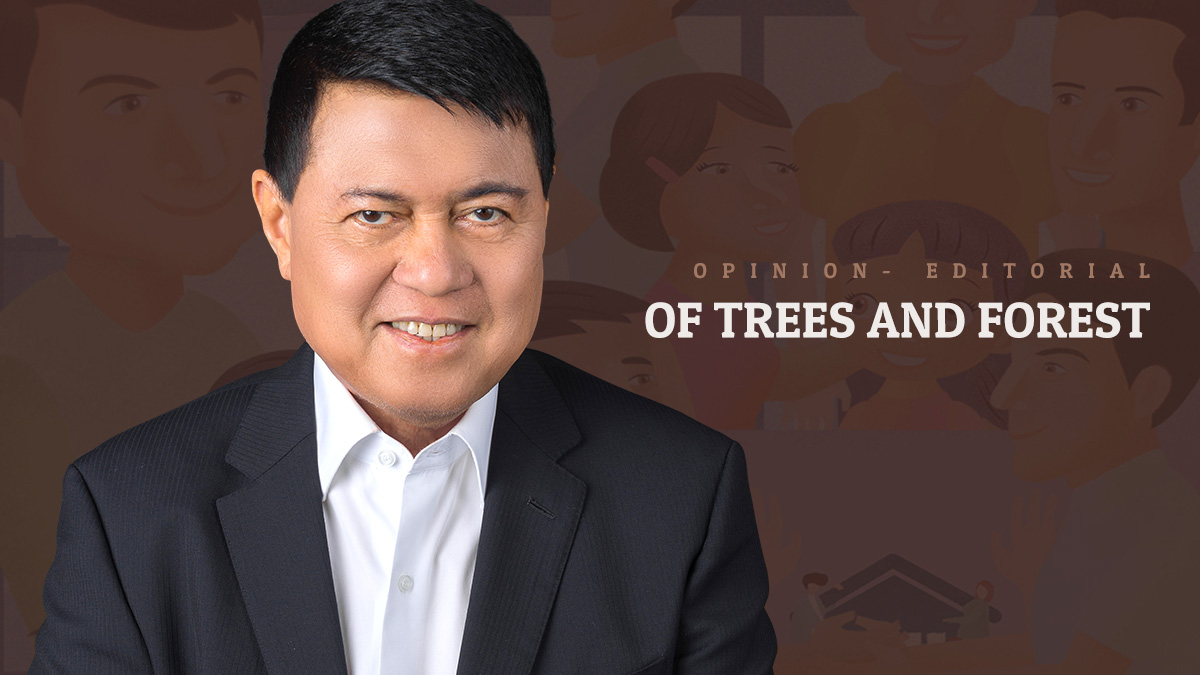
Arm in Arm with BARMM
The people have spoken. By an overwhelming “YES” vote of 1,540,017 as opposed to only 198,750 “NO” votes, the Bangsamoro Organic Law was ratified in plebiscites held last January 21 and February 6.
Based on the plebiscites, the new Bangsamoro Autonomous Region in Muslim Mindanao (BARMM) will be composed of five provinces (Maguindanao, Lanao del Sur, Basilan, Sulu, and, Tawi-Tawi), three cities (Marawi, Lamitan, and Cotabato City), 116 towns, and 63 barangays (in 6 North Cotabato towns).
The road to the new BARMM was not easy. The conflict in Mindanao has for decades stunted growth in the region. It has claimed many lives and property. Efforts to achieve peace have faced many difficulties—wars, spoilers, legal obstacles, and more recently an unfortunate law enforcement operation gone awry.
The peace process got a shot in the arm with the election of Rodrigo Duterte, the country’s first president from Mindanao. One of President Duterte’s campaign promises was to push for peace in Mindanao.
Within two years of his presidency, Congress approved the final version of the Bangsamoro Basic Law (BBL), which was called the Organic Law for the Bangsamoro Autonomous Region in Muslim Mindanao (OLBARMM). The President would later sign it into law paving the way for the historic plebiscite.
The former ARMM has now given way to BARMM. And we should give BARMM all the support that it needs. The Organic Law is not a perfect law. My experience in the legislature has taught me that no law—especially human law—is perfect. But peace and prosperity in Mindanao is our goal and this Organic Law is part of our continuing process to achieve what our sisters and brothers in Mindanao deserve.
The BARMM may not be the perfect solution but it is what we have right now and we have to do our part to make it succeed. Peace and prosperity in Mindanao mean peace and prosperity in the Philippines.
This herculean task will fall initially on the shoulders of the Bangsamoro Transition Authority (BTA), the 80-member body that will govern the BARMM until June 30, 2022. The BTA members were appointed by the President and most of them have already taken their oath of office.
Under the leadership of Interim Chief Minister Al Haj Murad Ebrahim, the BTA needs to steer the BARMM in the right direction. Their brand of governance will set the tone for the future of peace and prosperity in the region.
After the euphoria of the enactment of the law and the plebiscite dissipate, the hard work begins. I agree with what most analysts are saying that the new BARMM needs to demonstrate good governance, ensure inclusive government, and strengthen democracy in communities.
But I would like to add another important task—economic development. I have always maintained that the goal is not just peace. The goal is peace and prosperity. The latter ensures that peace will endure.
The new government must create a policy environment that is conducive to entrepreneurs in order to increase economic activities in their communities. Muslims are inherently entrepreneurial. During my time in politics and even now in business, I have met a lot of Muslim traders who, given the opportunity, can be successful partners in creating jobs and generating growth.
In consonance with the tenets of their faith, the BARMM needs to establish financial policies that would encourage small and medium enterprises to create and grow businesses. In my view, this is the key to success for the BARMM.
In order to achieve this, I urge everyone—the central government, the private sector, and the Filipino people—to stand arm in arm with BARMM.





